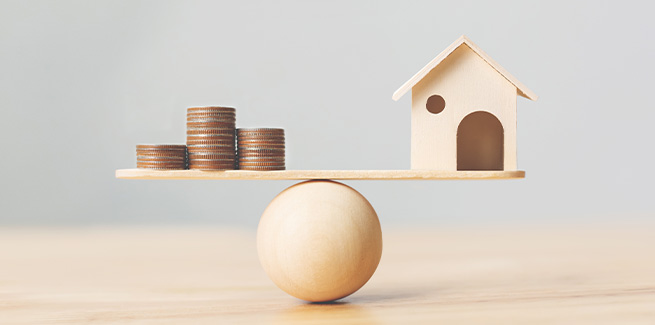Non-major MyState Bank’s survey of more than 1,000 respondents about what their biggest financial resolutions and concerns are for 2021 found that one in five respondents plans to pay off their mortgage faster.
Meanwhile, 17 per cent of consumers resolved to tackle credit card and personal loan debt.
The survey also found that many respondents are embracing the lessons around their finances arising from the coronavirus pandemic, which is leading to widespread shifts in spending habits.
The research found that 48 per cent are resolving to be better money managers by curbing spending on discretionary items over the next six months, while three in 10 respondents have pledged to start and maintain a budget in 2021.
The survey also found that despite Australia officially moving out of recession, 44 per cent of respondents remain concerned for the nation’s economic outlook, while 35 per cent are concerned about having insufficient savings, and a quarter are concerned about job security.
Holding back on discretionary spending
When asked about spending intentions in 2021, half of the respondents said that they expect to spend less on vacations over the next six months despite interstate borders opening for domestic travel.
In addition, 44 per cent said they anticipated spending less on public transport in the first half of the year as many businesses continue to work from home.
Gyms can expect to seize less wallet share in 2021, as almost four in 10 Australians plan to cut the costs of working out.
Commenting on this trend, MyState Bank general manager, customer experience, Heather McGovern said: “Despite life returning to some level of normality, our research shows the COVID-19 pandemic continues to impact Australian’s spending.
“For instance, the closure of gyms at the height of social distancing restrictions caused many Australians to invest in a home gym or complete workouts online. It seems some of these habits are carrying over well into the new year which can spell good news for our wallets.”
Other areas where respondents are planning to cut back on spending over the coming months include gambling (43 per cent), toys and games (40 per cent), food takeout and delivery services such as UberEats and Deliveroo (36 per cent), alcohol and cigarettes (35 per cent), and skincare and makeup (34 per cent).
Ms McGovern observed that one of the “silver” linings of the period during the pandemic has been the way it has prompted consumers to review their spending habits and aim for better money management.
“The pandemic has profoundly altered the daily lives of Australian, ushering in a new-found respect for the benefits of saving,” Ms McGovern said.
“More consumers are actively questioning their needs versus wants at the checkout, and according to our latest research, aligning their financial behaviour accordingly. It is encouraging to see many Australians seeking out ways to build a financial buffer, whether that is by having a staycation, cooking more at home, or swapping the gym for outdoor exercise.
“We expect these savvy savings habits to continue, with these new behaviours among consumers outliving the recession.”
However, she acknowledged that resolutions can fall by the wayside.
“Smart planning and the right approach can help you to make good on your financial goals and get the year off to a great start,” she concluded.
[Related: Aussies prioritising renovations over purchases]

